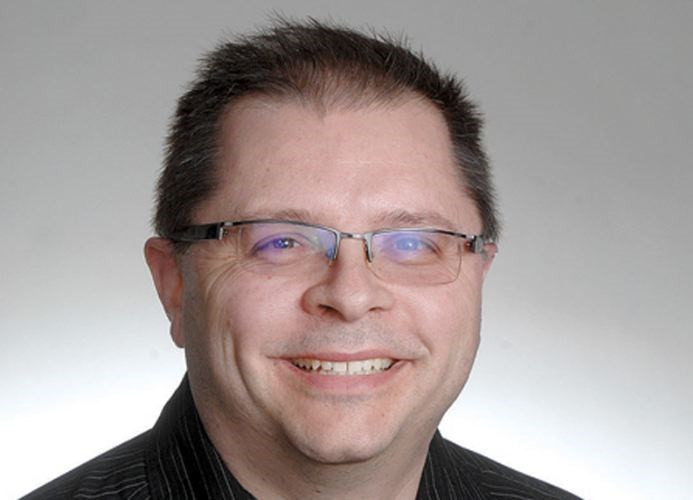The lack of a response from both Lyn Hall and Don Zurowski to a question from Citizen city hall reporter Charelle Evelyn about who made major donations to their campaigns and how much they gave is disappointing to say the least.
That information will be made public in February anyway, since all candidates must file financial disclosures, which will be then released by Elections BC. Evelyn asked all 25 city council candidates, as well as the two mayoral candidates, to disclose all third-party campaign contributions of more than $1,000, as well as the identify of the donor. That excluded expenses paid for by the candidate, their family or their businesses.
Hall said he had six donations that met that criteria but refused to say who or how much. Zurowski simply said any disclosure before the election would be incomplete and will release his donors to Elections BC as required.
Evelyn's question is a reasonable one to ask. Vancouver media asked the same of mayoral and city council candidates there and received responses. She gave the candidates 72 hours to respond, so there was plenty of time for candidates to get their information from their financial agents, many of whom are the candidates themselves.
For some voters, knowing which candidates have received substantial outside financial support for their campaigns is important information because it speaks to the willingness of the candidate to be fully transparent in their political affairs.
Only two council candidates - Don Roberts and incumbent Frank Everitt - didn't respond to Evelyn's query. The rest, including the five who met the $1,000 threshold, showed a willingness to inform voters of where the money behind their campaigns came from. While the Citizen has no way of verifying the accuracy of the disclosures until they will be released in February, it would not look good for the honesty and integrity of a city councillor if his or her official financial disclosure do not match what they told a reporter three months earlier.
There is also information to be gleaned with some of the candidates who replied to Evelyn that their campaigns didn't make the $1,000 threshold. In 2011, Albert Koehler and Murry Krause spent mostly their own money on their campaigns and there's no reason to believe they aren't doing the same thing again. Susan Scott has invested heavily in signs, so the fact she said she didn't receive a single donation over $1,000 suggests she, too, has mostly paid for her campaign herself. Dave Wilbur received one outside donation in 2011 over $1,000 while Cameron Stolz received two but neither revealed to Evelyn they had received such support this time around, suggesting they also are largely footing the bill for their own campaign costs.
As Evelyn's story concludes, there will be spending limits applied to municipal elections, starting at the next vote in 2018. While a spending cap is fine, what's really needed is mandatory financial disclosure from all candidates before election day. This could be easily done by setting the deadline for campaign contributions at two weeks before election day, with public disclosure required no later than seven days before the general election. Elections BC could still conduct a final report after the election and investigate any instances where the preliminary disclosure doesn't match the final numbers.
Serious candidates seeking political office shouldn't need to wait for a governing body to order them to reveal their campaign donors before election day. They should be eager to demonstrate their transparency to the voting public.
Either Hall or Zurowski will be sworn in as Prince George's new mayor in December, yet Prince George residents won't know until February, just a couple of months into their four-year mandate, who helped pay for their campaigns and how much they gave. Both candidates chose not to disclose when asked the question, which could just as easily have come from a resident, rather than a reporter.
Voters will head to the polls Saturday with valuable financial information about nearly all of the city council candidates that may or may not help them make their picks. It's too bad the two mayoral candidates wouldn't allow voters to decide how important or irrelevant that information about their campaigns was in deciding who they will choose.



